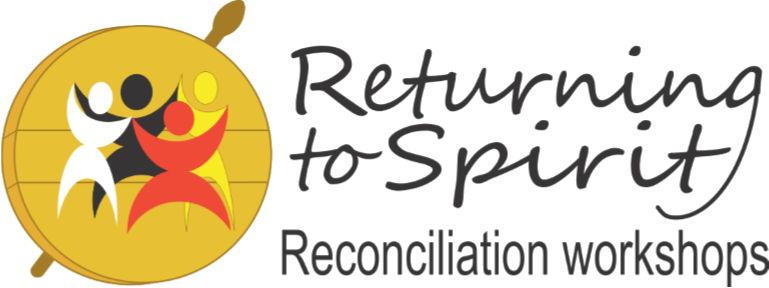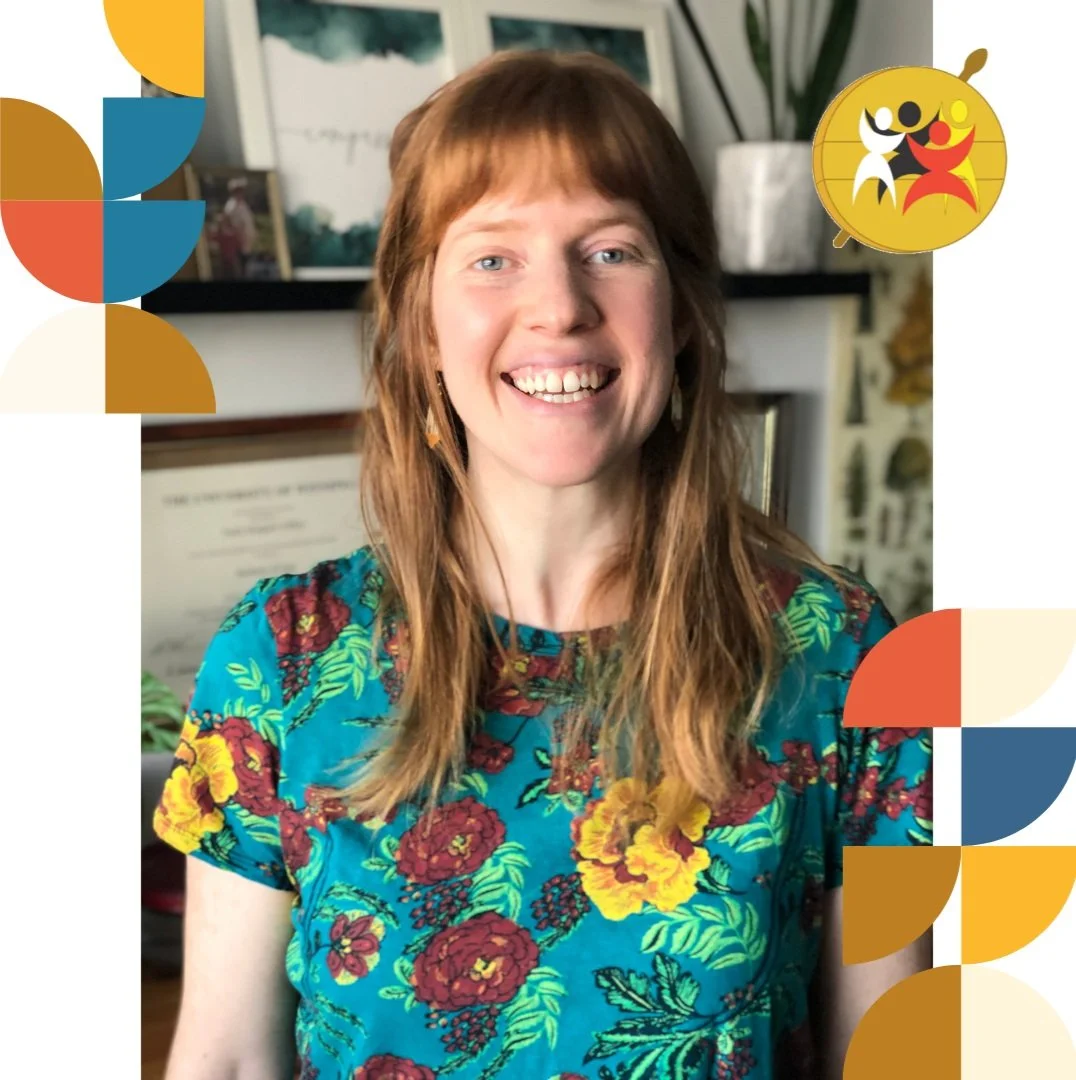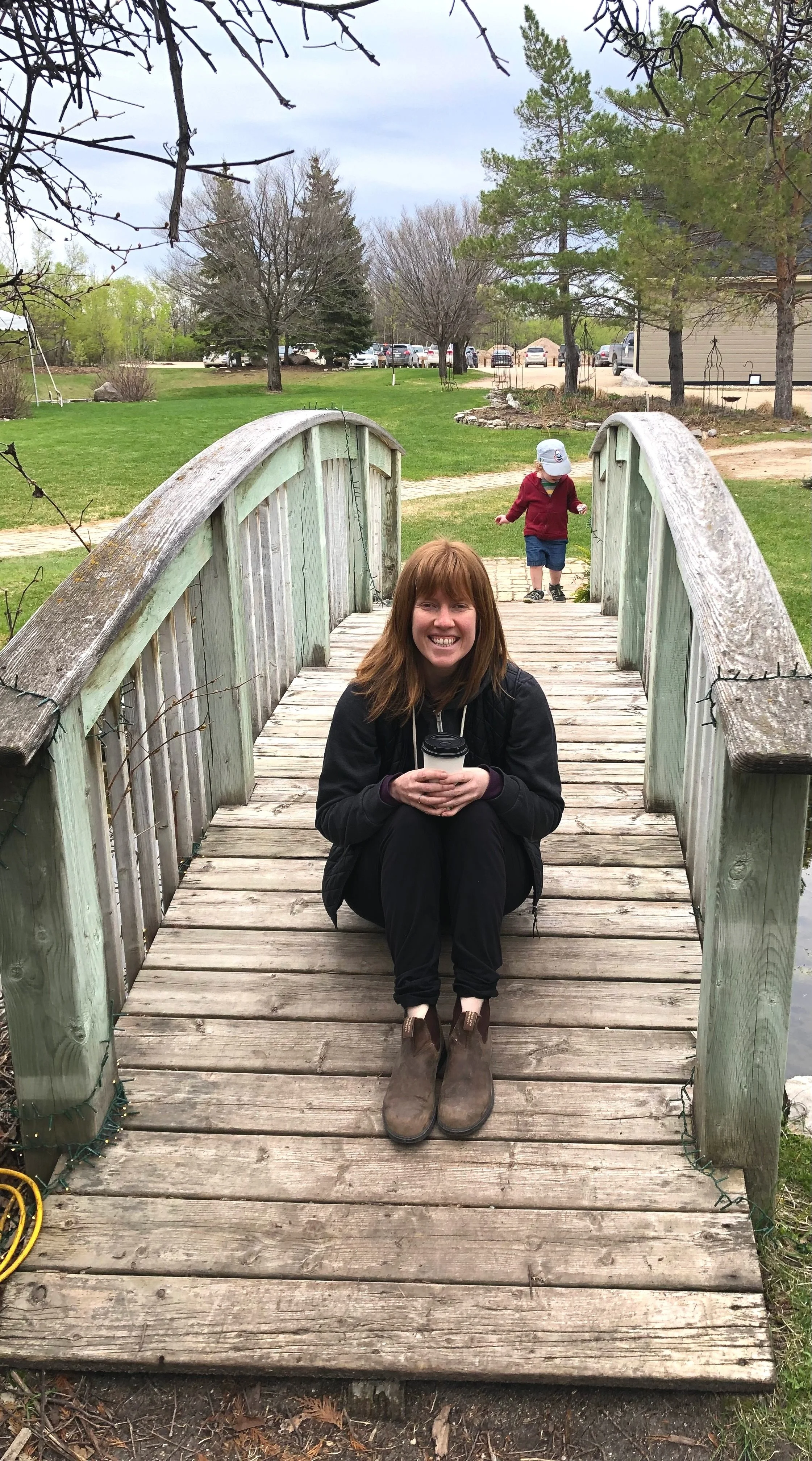I Came to RTS to Take Notes, Instead I Learned
National Day for Truth and Reconciliation
Until 2021, I had unofficially thought of September 30th as the day after my birthday. But September 30th 2021, I woke up to the National Day for Truth and Reconciliation. I didn’t know what to do with that day yet, but I knew that sometimes, when I looked at my 18-month old boy, my mind flickered to how it would feel to have my child taken away like has happened to so many indigenous parents.
One year later, it was September 30th again. We were all one year older, and perhaps one year more familiar with Truth and Reconciliation. My son was two-and-a-half-years old. It bothered me: what am I doing with this day? As a person with Icelandic and Scottish background, a settler, what do I do with this day? One year had passed, and I was no closer to knowing.
That morning, I had no plans. I had celebrated my birthday at the Forks the day prior. Yesterday, the Forks was a concert, a place to get a bite to eat, an easy way to enjoy a fall afternoon with friends and family.
But today, the Forks would be a march. The Every Child Matters march, flooded with a sea of orange shirts. I looked at the clock: 9:40 am. I had no plans, and I knew it. I looked at my son.
I had bought an orange shirt the year previous, but he has no orange shirts. My excuses and stories snowballed from there: we can’t go. It’s a lot of people. We haven’t had COVID yet. Not sure about crowds. We would be late. The ceremony had already started. I clung to these excuses, in a desperate panic not to go, yet knowing that last year, wearing my orange shirt all day, I felt like I was pretending. Like if someone asked me, ‘what does this day mean to you?’ I wouldn’t have an answer from the heart.
Then, just like I do when I am procrastinating writing, I put the objects in place. Much like a runner sets out their shoes the night before, or a writer opens their notebook, I packed a bag with water, snacks. No orange shirt. I fit my son into a red shirt.
The ceremony would already be underway when we got there. I coached myself to keep forward motion: we can still try. We can still try.
The Forks, Winnipeg
The Forks was packed. We parked out by the Canadian Museum for Human Rights. I was both nervous and excited walking to the Oodena Celebration Circle- keeping my feet on autopilot. My body had bypassed my mind as I approached hundreds of people, a sea of orange.
“Do they need a shirt?” I heard her before I saw her. Turning to look up, I saw an Indigenous woman in braids and a ribbon skirt holding out an orange shirt, nodding toward my son.
My eyes filled with tears behind my sunglasses. My chin quivered.
“Thank you.”
Roots of Reconciliation
A common refrain among those who learn of the sixties scoop, residential schools, of the current under-funding of First Nations children on reserve, of birth alerts, are, “I didn’t know.” Myself included: I only started learning the truth of colonization when I was twenty-one.
The simple welcoming I received at the Every Child Matters march stayed in my mind. There was room for me there. My questions became clearer: how might I interrupt an inter-generational pattern of not knowing? How will I answer inevitably tough questions as he gets older? How do I become a role model to my son in this context of Truth and Reconciliation? When I heard of the Roots of Reconciliation workshop with Returning to Spirit, it was a relief. I could begin to explore answers to these questions.
“How will I answer inevitably tough questions as he gets older? How do I become a role model to my son in this context of Truth and Reconciliation?”
However, the week leading up to the workshop became noisy in my head: I’m a settler. I don’t belong here. I don’t really have anything to contribute. I’m ‘just’ a mom. My kid might get sick, I’ll have to cancel. Or, a bit of hope: maybe there will be a childcare mix-up and I’ll cancel. I don’t have time for this- I mean, it goes into the weekend. I have work to do.
Aware of the resistance I was feeling, I set out my things the night before. Like a writer picking up a pen and sitting down to write, I sat down in my car, and focused on the mechanics: turn it on. I drove to the first workshop, allowing my excuses and stories to rattle in my head, knowing that I had to treat this like a physical act: one foot in front of the other. One step at a time.
I expected to be told: to take notes, to be taught Indigenous culture for four days. Instead, I got to learn.
There’s a saying in writing, ‘show, don’t tell.’ A person can read a story and feel no emotional pull within it. That is telling. But, much more beloved is reading a story, and stepping into it alongside the characters. Tearing up at their heartbreak, laughing aloud at a blunder, furiously turning pages to know their suffering and hope for a resolution.
On arrival, we sat in circle, and we were invited to bring a meaningful object and place it in the center. By doing so, I realized we are each entering the story of Returning to Spirit, each individual with our own heartbreak, blunders, sufferings, joys, and stories.
Over several days, we would develop a common language around our own stories, and how they can create connection and disconnection. We would discover a self awareness and a shared humanity in a room of non-Indigenous social workers, of members of the catholic church, of mediators, of individuals, who also had lived experience as newcomers, as parents, as citizens, as humans.
I expected to be taught. Instead, I learned. Instead of telling us about the seven sacred teachings, we applied them. I was encouraged to step into humility, courage, truth, honesty, love, respect, and wisdom. I could practice these wholly and fully, and draw from others strength in the process. Reconciliation was happening, but it wasn’t through saving the world. It was through healing myself, gaining common language, and bonding with others. We had begun a new story.
Advancing Reconciliation
I returned for the subsequent four-day workshop two months later, called Advancing Reconciliation. The two months since Roots of Reconciliation had been marked by a different way of seeing my community and how I listen to my own stories. I arrived with a sense of peace, trusting that I could stretch my comfort zone within the extremely thoughtful RTS process. We became more intimate with the stories we tell ourselves, and aware of the common humanity that awaited us as we joined rooms with the Indigenous participants.
Once the Indigenous and non-Indigenous rooms joined, I was struck by how many objects were on the blankets holding sacred offerings. By mid morning, a metal bowl was added to the blanket. As we saw that bowl fill with Kleenex after Kleenex, our tears became an offering, too.
On the eighth and final day of Advancing Reconciliation, we closed with a sharing circle. After I spoke, Dennis, a Returning to Spirit trainer approached me. He was in a ribbon vest. In his outstretched hands, he was holding a shirt, folded, much like my son had received at the Every Child Matters march.
But this time, the shirt was not orange, it was black. And it was for me.
On the front, it said ‘Returning to Spirit.’ On the back?
It said, I am reconciliation.
I am. I will be. And I am learning how.
Libby Jeffrey is a writer, community facilitator and founder of MomAlong, a social writing group for new moms. She is based in Treaty 1 Territory, otherwise known as Winnipeg, Manitoba.
---
Our sincerest gratitude to Libby for her beautiful writing & her willingness to share her experiences with us.





